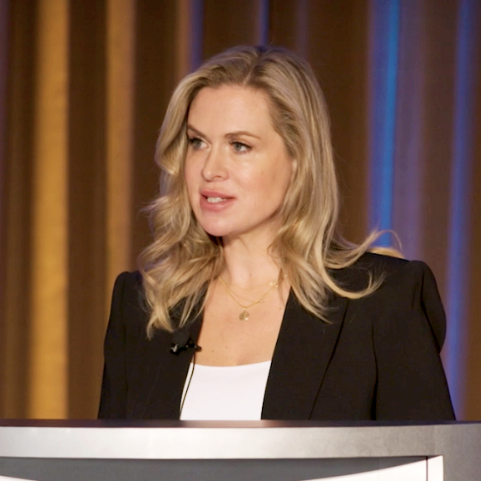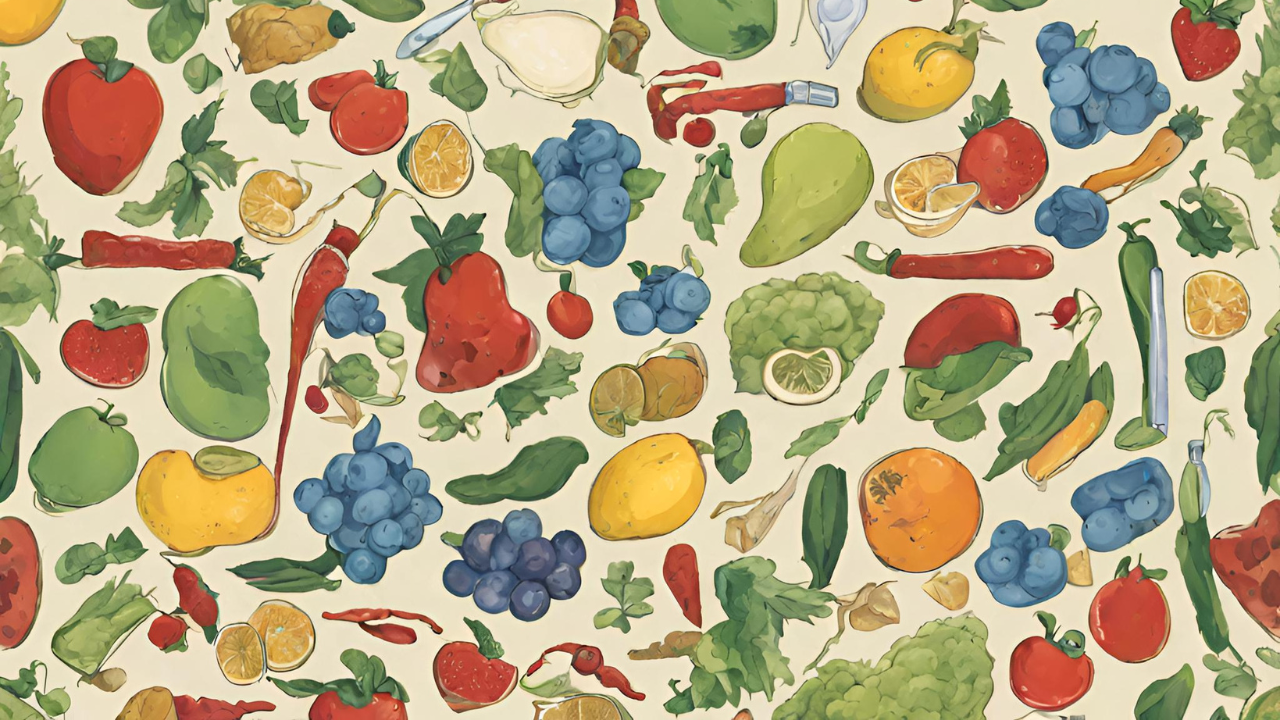
Emily Kaplan
Emily Kaplan is an expert in strategy and communication. As the CEO and Co-founder of The Broken Science Initiative, she is building a platform to educate people on the systemic failings in science, education and health while offering an alternative approach based in probability theory. As the principal at The Kleio Group, Emily works with high profile companies, celebrities, entrepreneurs, politicians and scientists who face strategic communication challenges or find themselves in a crisis.
Emily’s work as a business leader includes time spent working with large Arab conglomerates in the GCC region of the Middle East looking to partner with American interests. Emily acquired Prep Cosmetics, expanded it to become a national chain and revolutionized the way women bought beauty products by offering novel online shopping experiences, which are now the industry standard. She was a partner in a dating app that used the new technology of geolocation to help interested parties meet up in real life. Emily developed Prime Fitness and Nutrition, a women’s health concept that focused on the fitness and diet needs of women as they age, with three physical locations. She was the host of the Empowered Health Podcast, and wrote a column in Boston Magazine by the same name, both of which focused on sex differences in medicine.
Emily is an award winning journalist who has written for national newspapers, magazines and produced for ABC News’ 20/20, Primetime and Good Morning America. She is the author of two business advice books published by HarperCollins Leadership. Emily studied Advanced Negotiation and Mediation at Harvard Law School. She has a Masters of Science from Northwestern University and received a BA in history and psychology from Smith College.
Four days after publication, journalist Jennifer Block's op-ed “Doctors Are Not Gods” was retracted from Scientific American after severe backlash. The piece critiqued doctors who come across as all-knowing, specifically targeting influential ob-gyn Dr. Jen Gunter, who doesn't hold back when informing Twitter users about evidence-backed medical advice for women. Block argues that Gunter's dismissal of alternative treatments may invalidate women's lived experiences. The debate continued on Twitter where many, Gunter included, felt that it was a hit piece. Emily asks Block: why did you write this piece?
By Emily KaplanWhat do you feed your children at snack time? Fruit snacks? Kid’s yogurt? Gatorade? So many of us don’t realize how much sugar is in these foods, which are often marketed as healthy options. With over two decades of experience as a pediatrician, Dr. Shakha Gillin noticed how many health issues could be solved by a better diet. She realized to fix kid’s eating habits, she needed to educate parents and the school system, the main sources teaching kids the right way to take care of themselves.
By Emily KaplanThis episode is a continuation from episode 16 of our conversation with investigative reporter Gary Taubes, author of “Good Calories, Bad Calories”, “Why We Get Fat”, and [...]
By Emily Kaplan
